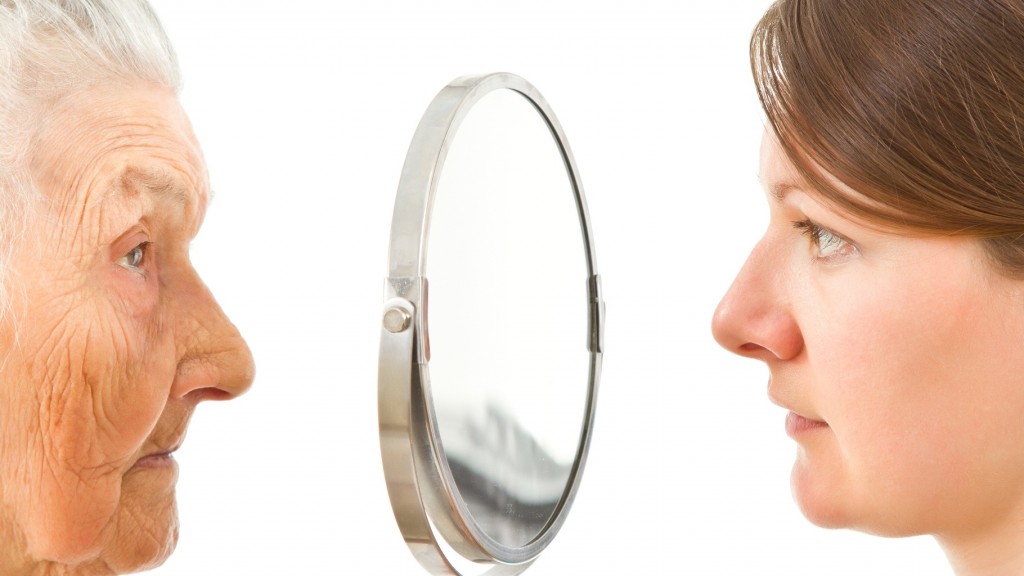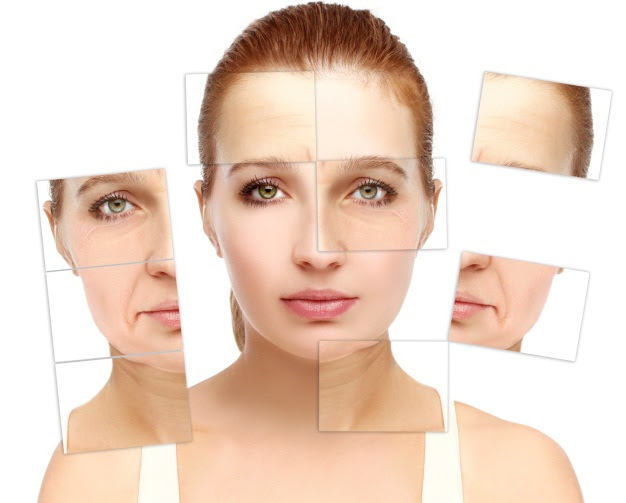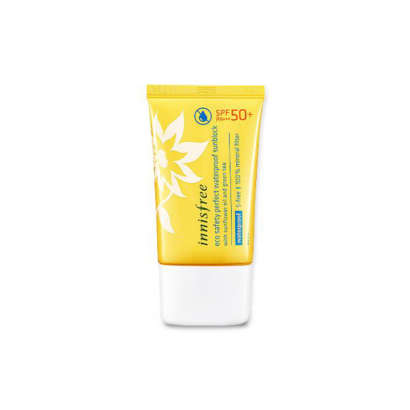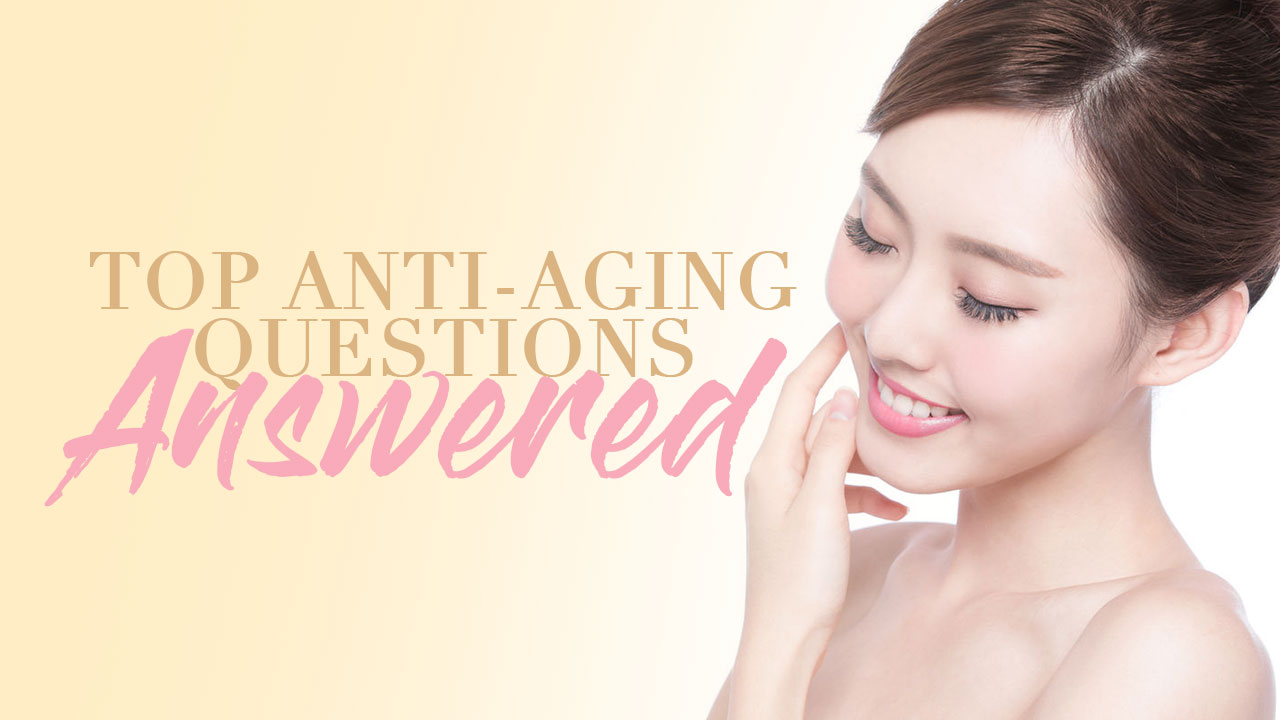
Growing old is a gift, but for many people looking old is another story. We at Calyxta advocate graceful aging, which really just means take care of yourself—wear sunscreen, apply lotion, eat healthy—so that you will always look the best version of yourself at any age.
We’re not afraid or ashamed of laugh lines because these are evidence of a life well lived, but some signs of aging like dryness and pigmentation just mean skin damage and should be avoided. Here’s a quick guide on skin aging so you know how to address this inevitable event:
There are many factors that cause our skin to age. Getting older happens to everyone—as time marches on, our skin will naturally lose its suppleness and elasticity. It can’t be avoided. It can be accelerated, however, by lifestyle choices. Excessive sun exposure, unhealthy habits like smoking and drinking alcohol, and stress from work or relationship troubles all take their toll on skin.
2. How can I avoid skin aging?
You’ll be happy to know that signs of skin aging may be delayed simply by avoiding what we just mentioned.
Dermatologists list 7 signs of aging: sun spots, dryness, fine lines, crow’s feet, dullness, tired eyes, and drooping.
Sun spots are freckles and hyperpigmentation, a.k.a. sun damage. Freckles may look cute especially when you’re young but all they really mean is your skin was overexposed to the sun and you’re going to look old fast.
Dryness and fine lines happen when skin becomes thin and loses moisture. Environmental factors like the sun, wind, cold air, irritants, and pollution also cause the skin to be dehydrated.
Dullness occurs because as we get older, cell turnover slows down. Dead skin cells collect on the top layer, resulting to a lackluster complexion.
Drooping is a looseness around the jaw and cheeks. This happens when the production of collagen and elastin, the compounds that provide structure to our skin, slow down.
Crow’s feet is fine lines around the eyes. Tired-looking eyes can be puffiness, eye bags, and dark circles. The eyes exhibit the first signs of aging because the skin around the eyes are the thinnest and therefore dry and droop faster.
4. What do anti-aging products do really?
Anti-aging products address the signs of aging. They either prevent damage, delay the effects of aging from showing up, or repair damage. So when you use anti-aging products, expect hydration, exfoliation, strengthening cell structure, and sun protection.
5. When should I start using anti-aging creams?
Start an anti-aging skin regimen in your mid-20s. This is when evidence of our skin-damaging activities start showing up. If you spent your teens and young adult life soaking up the sun at the beach or doing sports, if you drank a lot of alcohol, if you smoked, or if you’re spending too many nights up at work or out with friends, the damage will show up on your face fast. So we highly recommend avoiding an unhealthy lifestyle together with applying anti-aging products!
The 20s is also when cell turnover and production of collagen and elastin slow down so even if you’ve made healthy choices, you’d still need to keep the signs of aging at bay with a good skincare regimen.
6. Is eye cream really important?
Yes. The skin around the eyes is thin and fragile so aging is first visible around the eyes. Fine lines, wrinkles, puffiness, dark circles—all of these skin problems can be eased with an eye cream.
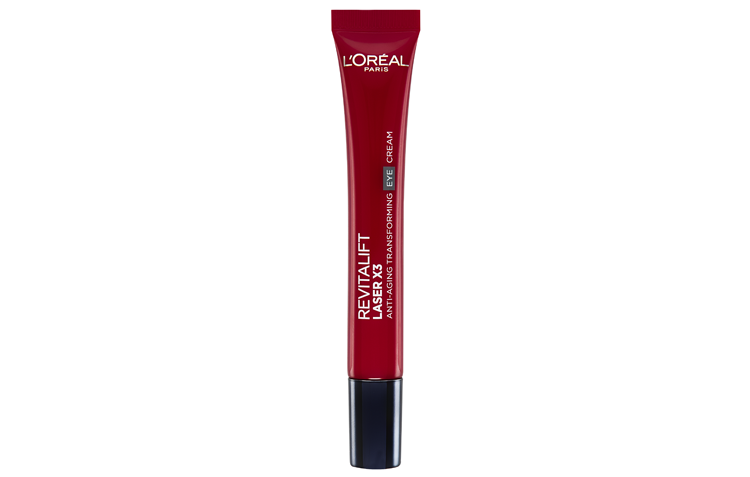 L’OREAL PARIS REVITALIFT LASER EYE CREAM
L’OREAL PARIS REVITALIFT LASER EYE CREAM
Many people think that an eye cream is just an expensive extra and that a facial moisturizer will do the trick. That isn’t true. Eye creams have a different formulation than regular moisturizers. They are usually thicker and have more oil because the skin around the eyes dry faster. Some eye creams contain caffeine or need a cold tool (a metal or marble roller) to be applied to address puffiness. Other eye creams have brightening ingredients to lighten dark circles.
7. When should I start using eye cream?
Use an eye cream as soon as you can. In your early 20s is best. The goal is to prevent your eyes from suffering damage since it is always harder to undo damage. If you’re already in your 30s, add eye cream to your skincare products stat!
8. What are the best ingredients to look for?
Retinol, glycolic acid, antioxidants, hyaluronic acid, and SPF are the anti-aging ingredients best for addressing aging.
Retinol is the magic ingredient because it speeds up cell turnover. This means sun spots are diminished, blemishes are reduced, lines are eased, and skin glows.
For those with sensitive skin, retinol may be irritating so use a gentle glycolic peel to exfoliate skin instead.
Antioxidants like vitamins and idebenone protect skin from free radicals from environmental factors. Other antioxidants like niacinamide and peptides strengthen skin so skin will look plump and taut longer.
Hyaluronic acid keeps skin extra hydrated.
SPF protects skin from the damaging effects of the sun.
9. If I can only afford one anti-aging product, what should I buy?
Sunscreen! Always use sunscreen. Look for a broad-spectrum sunscreen that protects from both UVA and UVB rays, which damage skin cells. Sunscreen is the best anti-aging product because the sun is the most harmful factor in skin aging.
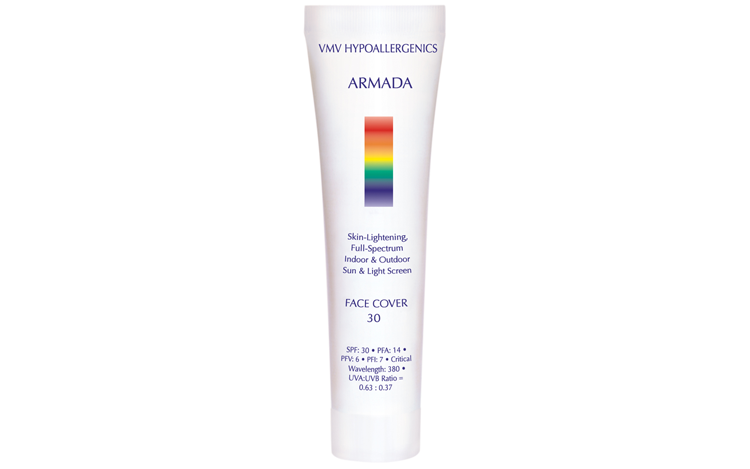 VMV ARMADA FACE COVER 30 – 30G
VMV ARMADA FACE COVER 30 – 30G
It damages skin cells, dries skin, causes wrinkles, and can cause skin cancer. If you protect your skin from the sun, then you delay most of the signs of aging.
Text by: Frances Sales




